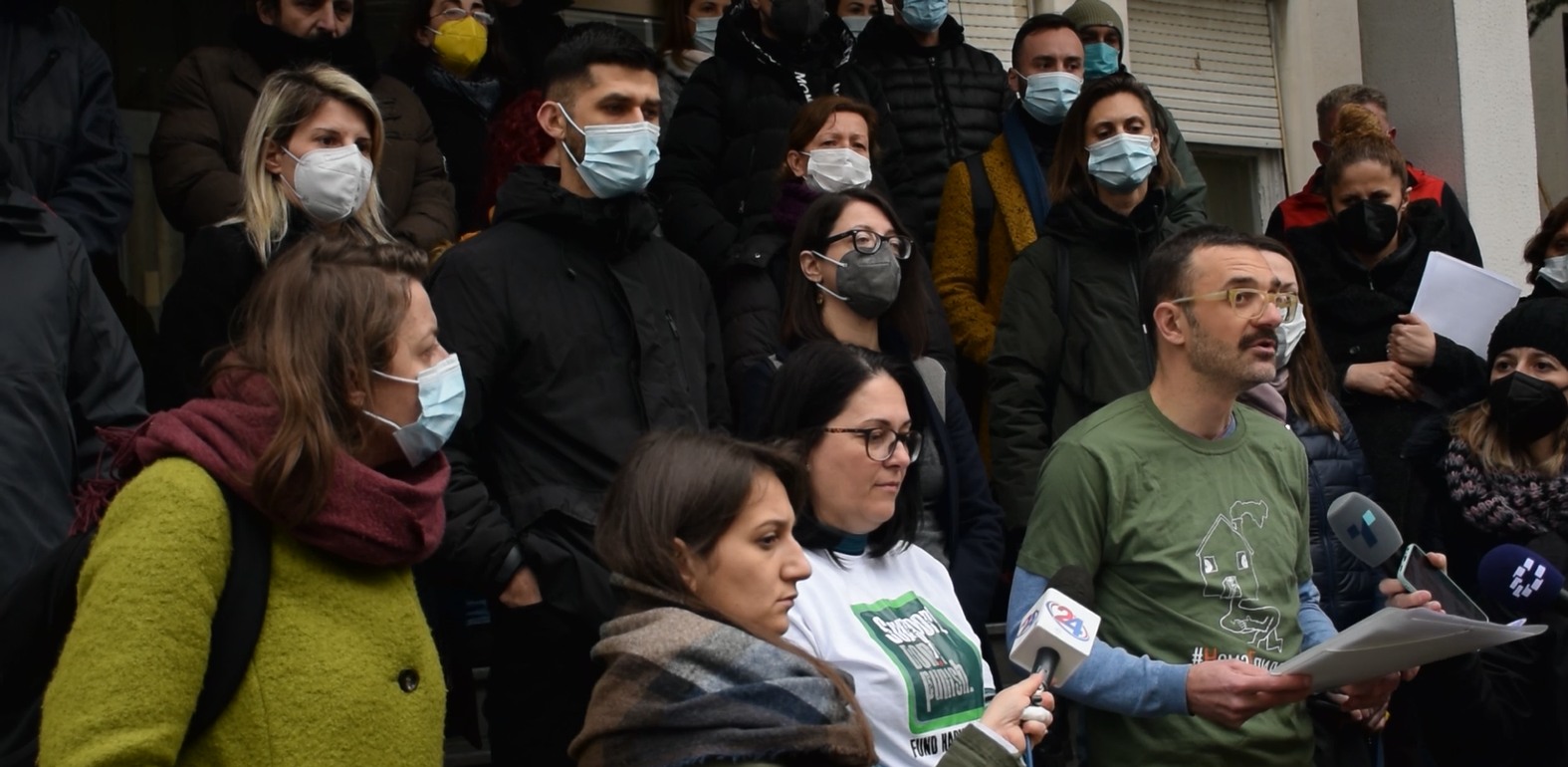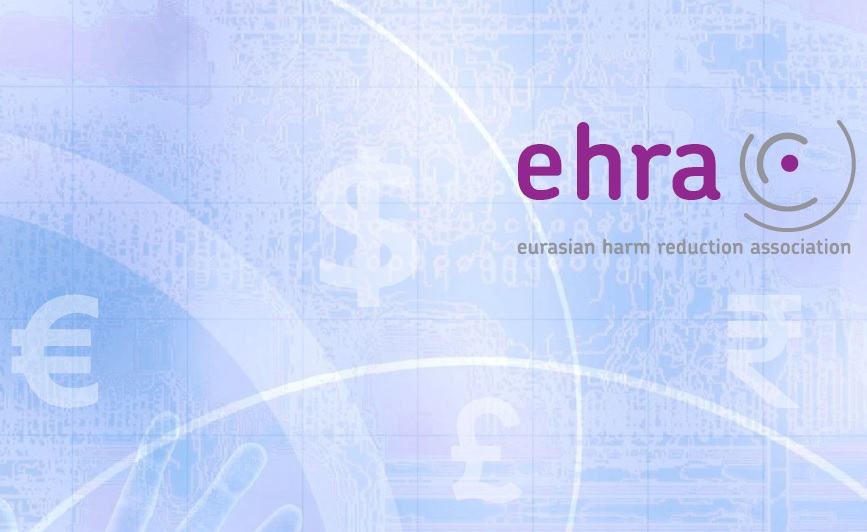The Regional Conference “Youth and Gambling – National and regional perspectives” was held on 20 November 2024 in Skopje. The conference is organized by HOPS – Healthy Options Project Skopje, in partnership with Labyrinth from Kosovo and Prevent from Serbia within the framework of the regional project “Youth and Gambling” with the support of the Western Balkans Fund. The main goal of the project is to advance national policies and practices aimed at preventing gambling among youth under the age of 25.
 The conference was attended by representatives of the ministries, institutions and civil society organizations responsible for this issue from North Macedonia, Serbia and Kosovo.
The conference was attended by representatives of the ministries, institutions and civil society organizations responsible for this issue from North Macedonia, Serbia and Kosovo.
The results of the research “Youth and their Betting Habits in North Macedonia, Serbia and Kosovo” were presented at the conference. This research, which included 214 young people under the age of 25 in Macedonia, showed that 17.8% of respondents declared themselves addicted to gambling. Eighty-four percent of respondents said that they know someone younger than 25 who is addicted to playing games of chance. Of these, as many as 39.3% said they knew more than 10 people under the age of 25 who were addicted to gambling, and only 11.2% said they did not know a person under the age of 25 who was addicted to gambling.
Regarding the information provided to gambling players by the organizers of these games about the danger of becoming addicted, only 19.2% of respondents said that in the facilities where they play gambling there is information that one can become addicted to these games. Also, only 7.5% of respondents said that in the facilities where they play gambling there is information where one can seek help in case of addiction to these games.
Similar data are noted in Serbia and Kosovo.
The conference adopted regional and recommendations for each of the participating countries/territories.
Reports from the project are abailable in Macedonian, Serbian and Albanian.





 In the period of waiting for the amendments to the Criminal Code, which passed the first reading in the Assembly of the Republic of North Macedonia, after more than a year, one can witness inadequate implementation of the procedures for criminal prosecution of the perpetrators of sexual violence, prolonging of the procedures, inappropriate qualification of the acts and unjustified termination of prosecutions that punish victims instead of perpetrators.
In the period of waiting for the amendments to the Criminal Code, which passed the first reading in the Assembly of the Republic of North Macedonia, after more than a year, one can witness inadequate implementation of the procedures for criminal prosecution of the perpetrators of sexual violence, prolonging of the procedures, inappropriate qualification of the acts and unjustified termination of prosecutions that punish victims instead of perpetrators.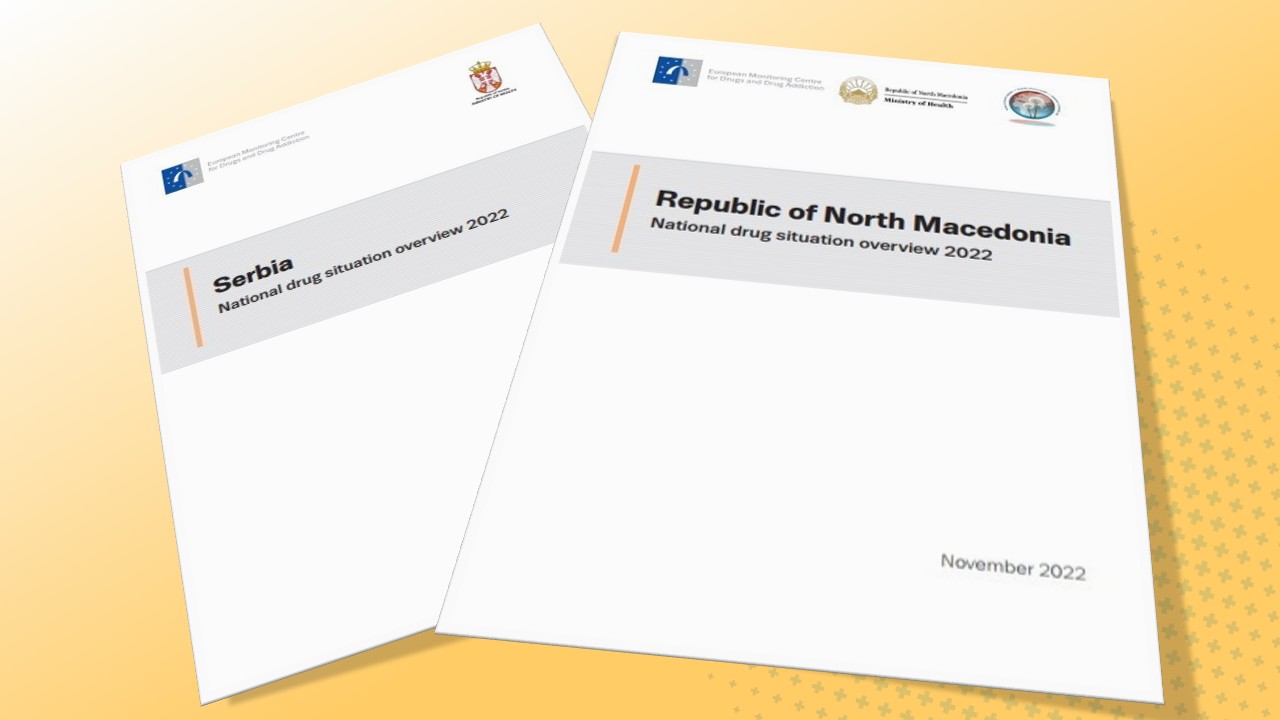
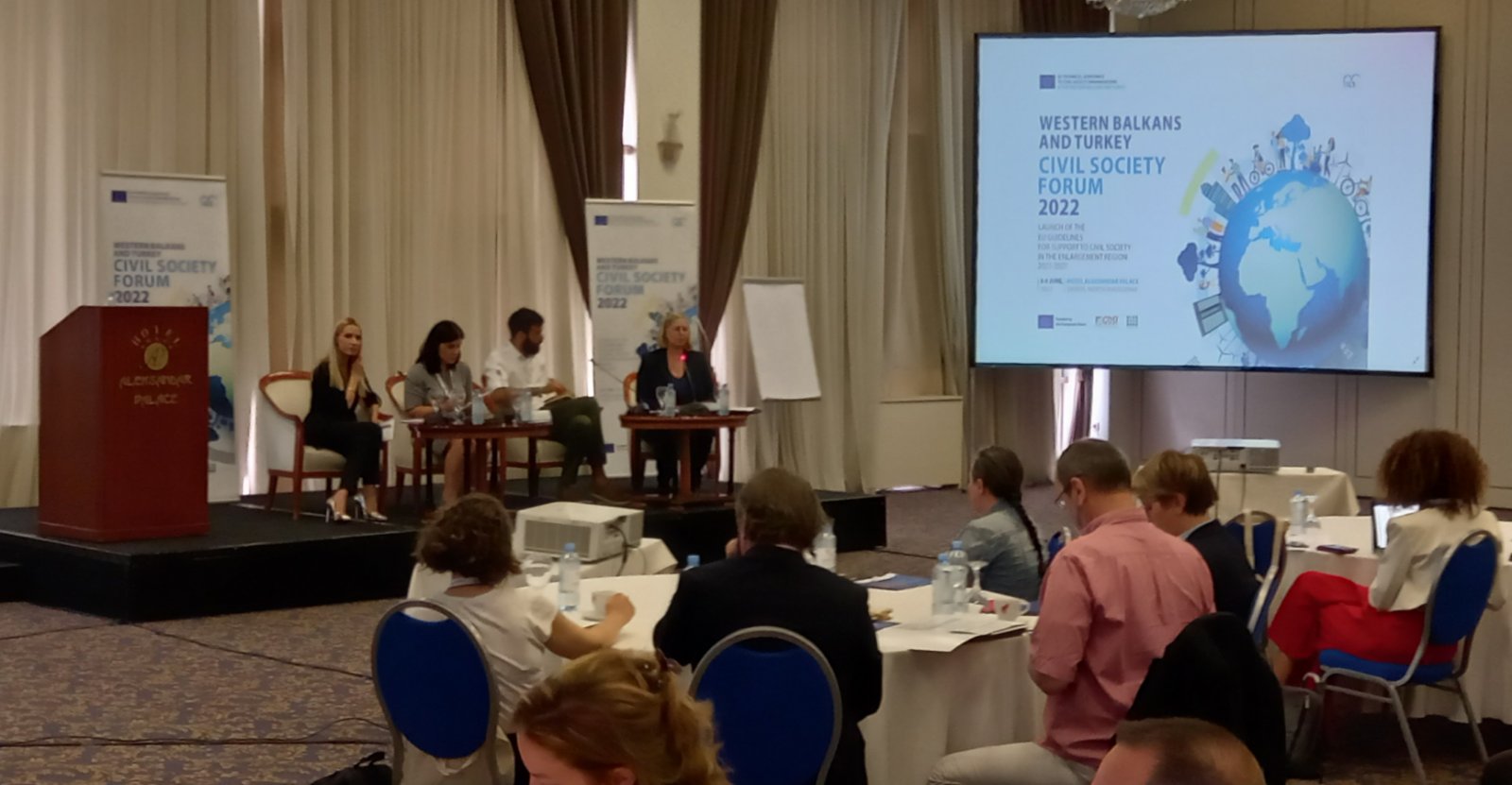
 The main objective of the Forum was to launch the revised EU Guidelines for Support to Civil Society in the Enlargement region (2021-2027). These Guidelines set out objectives for EU assistance to civil society, provide a tool for governments to improve cooperation with civil society, and help to measure progress towards meeting conditions for EU integration. Over the period 2014 to 2020, through the Civil Society Facility and Media Programme, the EU has provided around EUR 330 million in support for civil society, whereas the amount planned for the period 2021-2023 is EUR 218 million. The Guidelines will assist the EU to assess the impact of this support.
The main objective of the Forum was to launch the revised EU Guidelines for Support to Civil Society in the Enlargement region (2021-2027). These Guidelines set out objectives for EU assistance to civil society, provide a tool for governments to improve cooperation with civil society, and help to measure progress towards meeting conditions for EU integration. Over the period 2014 to 2020, through the Civil Society Facility and Media Programme, the EU has provided around EUR 330 million in support for civil society, whereas the amount planned for the period 2021-2023 is EUR 218 million. The Guidelines will assist the EU to assess the impact of this support.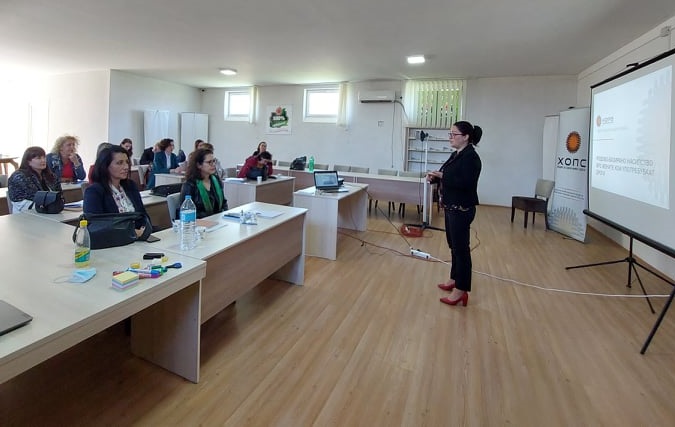

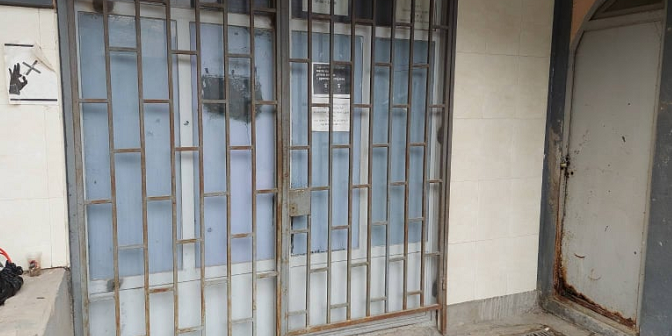
 “This center opened in 2007, with funds from the Global Fund, and from then until yesterday was the only place where Roma who use drugs and their families had easy access to all services that provide HIV prevention, but also harm reduction from drug use. In this center our customers received basic (and often unique) medical care, received information and support for their social and legal problems, could wash their clothes, warm themselves in winter, eat when they are hungry, drink coffee or tea in a friendly, non-stigmatizing and non-discriminatory atmosphere,” said HOPS.
“This center opened in 2007, with funds from the Global Fund, and from then until yesterday was the only place where Roma who use drugs and their families had easy access to all services that provide HIV prevention, but also harm reduction from drug use. In this center our customers received basic (and often unique) medical care, received information and support for their social and legal problems, could wash their clothes, warm themselves in winter, eat when they are hungry, drink coffee or tea in a friendly, non-stigmatizing and non-discriminatory atmosphere,” said HOPS.
